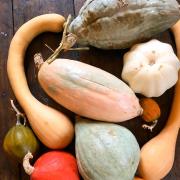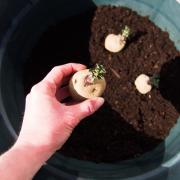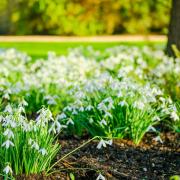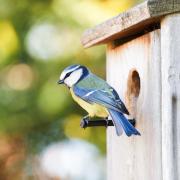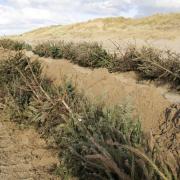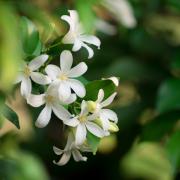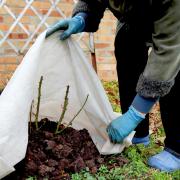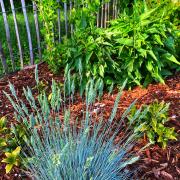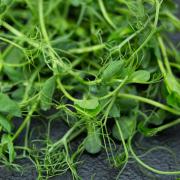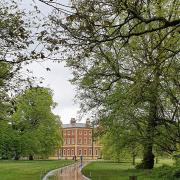A young botanist from Lancashire is proving that from little shoots, great plants – and ecosystems – can grow.

Josh Styles is a man on a mission to save some of Lancashire rarest plants. The 24-year-old from Southport has re-introduced 17 rare native plant species at 35 locations since he started his crusade in 2017.
Josh’s enthusiasm started at a young age: at seven he was intently studying the grasses and plants around him, and he later created a wildflower garden that supported an abundance of pollinators, predators and parasites, which made him eager to learn more. ‘I realised that plants are amazing, and I wanted to know what every new plant I saw was and what role that species played in its ecosystem,’ he says.
After studying for a BSc in Ecology at Edge Hill University, with a dissertation on ancient woodland indicator species within South Lancashire, in 2017, Josh set up the North West Rare Plant Initiative (NWRPI), with the aim of cultivating and re-introducing native vascular plant species on the brink of extinction at a regional level.
His work is recognised and supported by organisations such as Chester Zoo, Lancashire Wildlife Trust, Natural England, and the Botanical Society of Britain and Ireland. In collaboration with these and other organisations, Josh has been able to successfully focus on his main aim of halting the decline – and in some cases reversing the local extinction of – rare plant species.

‘It’s a dire situation,’ he says. ‘In the UK, around one in seven indigenous plant species is nearing extinction, and one in three has shown statistically significant decline since the 1900s. Plants are the fundamental basis of all life on earth – we lose our plants at our own peril.’
Collaboration is vital for this work. A recent project that has depended greatly on collaboration between Josh and conservation organisations in Lancashire and Cheshire is the re-introduction of Lesser Bladderwort (Utricularia minor). This carnivorous aquatic plant belongs to a group of plants that are the fastest on earth, able to capture small freshwater invertebrates in 1/10,000th of a second. But despite its speed the plant had not reacted quickly enough to habitat changes from the mid-1800s onwards, meaning that by this century the species only grew at a few sites in the Lake District and a bog pool in Delamere Forest, and its existence there was threatened.
In 2018, NWRPI worked with Cheshire Wildlife Trust and Natural England to take five strands from this population for cultivation off-site. This strategy was very successful and the plant has since been re-introduced to several sites around the Greater Manchester Mosslands Special Area of Conservation, in areas managed by Lancashire Wildlife Trust and the Warrington Ranger Service. This year, Josh aims to re-introduce it to other sites in the region and hopes it can eventually be removed from the list of ‘Vulnerable’ species in England.
As well as forging partnerships with conservation organisations, working as an ecologist and studying for an MSc, Josh wants to include more local volunteers in his work. He also wants to increase the number of site surveys he conducts for landowners in the region, to identify the plants they have growing there, and assess the suitability of the land for the introduction, or re-introduction, of NWRPI target species.
To find out more, go online to nwrpi.weebly.com.
Don’t let the sun go down
One of Josh’s current projects is the reintroduction of ‘Endangered’ Great Sundew (Drosera anglica), a voracious carnivorous plant which Charles Darwin called that “wicked dear little Drosera” in a letter to Charles Lyell written in 1860, when the plant was already well on its way to extinction in Lancashire.
After raising over 100 plants at home, Josh was – with consent from Natural England – able to plant out 10 on the Manchester Mosses last year. While many suitable areas have been drained – for agriculture and housing – causing a shocking decline in the species which rely on them, restoration work around the Mosses has made the area wetter, so it is once again a perfect location.
This year Josh hopes to reinforce this re-established population, with the support of a number of other organisations including the Carnivorous Plant Society and Warrington Ranger Service, ensuring that Great Sundew will be luring insects into its sticky clutches on the Mosses for many years to come.




